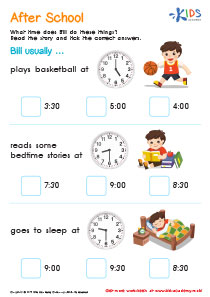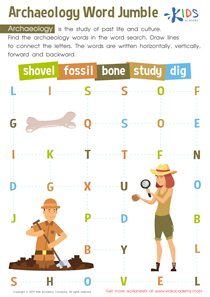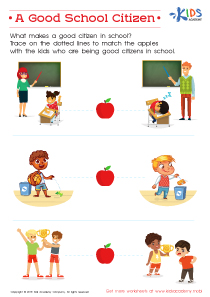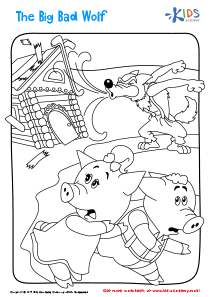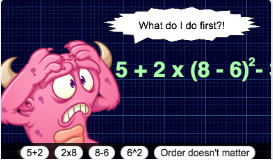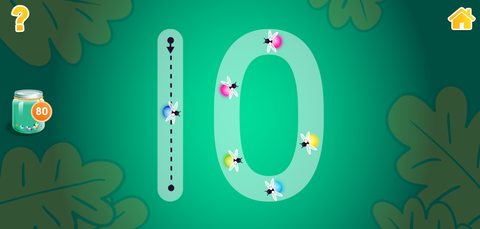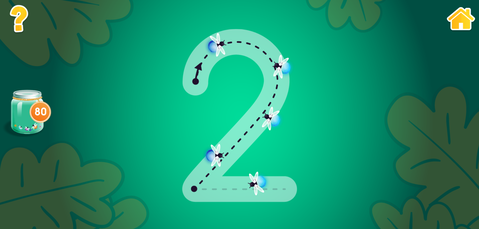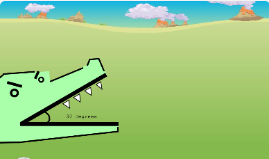Math Lessons | Counting and Numbers
9 results
Our Counting and Numbers Lessons are perfect for children in Preschool through Grade 3. Our interactive worksheets, educational videos, and assessment quizzes provide a fun and engaging way for children to learn and practice basic math skills. With a focus on counting and numbers, our lessons help children develop a strong foundation for further math education. Whether your child is just learning to count or needs some extra practice with addition and subtraction, our lessons offer a variety of activities to help them succeed. Give your child the gift of confidence in math with our Counting and Numbers Lessons.
Counting and Numbers Lessons Can Help Children Excel in Their Studies
Counting and numbers are fundamental concepts that children need to master early on in their academic journey. From preschool to grade 3, children are introduced to various counting and numbers lessons in their classrooms, which often involve using interactive worksheets, educational videos, and assessment quizzes. These lessons are carefully crafted to serve multiple purposes: to help children develop a strong foundation in mathematics, enhance their cognitive and problem-solving skills, and prepare them for future academic success.
One of the key benefits of counting and numbers lessons is that they can help children to better understand the numbers world surrounding them. By learning to count and identify numbers, children can start making sense of many everyday phenomena, such as time, money, and measurements. They can use their newfound number sense to tell time using analog clocks or digital watches, calculate how much money they need to save up for a specific toy or game, and measure objects or distances using standard or non-standard units. As they progress through different grade levels, they can build on their counting and numbers skills to tackle more complex mathematical concepts, such as fractions, decimals, percentages, and algebra.
Another advantage of counting and numbers lessons is that they can foster children's cognitive and problem-solving abilities. When children solve number-based puzzles, games, or challenges, they are using their brains in various ways, such as analyzing, synthesizing, comparing, contrasting, and applying information. They are also strengthening their memory, attention, and focus skills, as they need to keep track of numbers and sequences over time. Moreover, they are developing their logic and reasoning skills, as they need to follow rules, patterns, and algorithms to arrive at an answer or solution. All of these cognitive skills are essential for children's overall academic success, as they can transfer them to other subjects, such as science, language arts, or social studies.
Counting and numbers lessons can also provide children with a sense of achievement and confidence. When children successfully complete a counting or numbers task, they feel proud of themselves and motivated to continue learning. By setting clear goals and expectations for children's progress, teachers can help them to stay motivated and engaged in their math lessons. Moreover, by providing feedback and guidance, teachers can help children to improve their weak areas and reinforce their strong areas, which can boost their self-esteem and confidence for future math challenges.
In conclusion, Counting and Numbers Lessons are important for children's early academic success and beyond.
